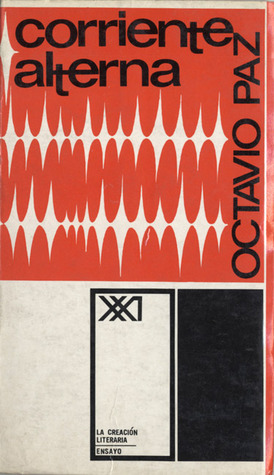What do you think?
Rate this book


In the first part of this acclaimed work, Octavio Paz sets forth his credo as an artist and a poet. Part two deals with themes more specific to the late sixties and seventies, such as the drug experience and modern atheism. In part three, Paz concerns himself with politics and ethics. In no way diminished by time, every chapter in this book is an adventure of the mind. ""A stimulating book, electric in its energies, the shock of its thought.""-Robert Taylor, Boston Globe
223 pages, Paperback
First published August 12, 1967
The meaning does not reside outside the poem but within it, not in what the words say, but in what they say to each other.
The difficulty of modern poetry does not stem from its complexity—Rimbaud is far simpler than Góngora or Donne—but rather from the fact that, like mysticism or love, it demands total surrender (and an equally total vigilance).
The real ideas of a poem are not those that occur to the poet before he writes his poem, but rather those that appear in his work afterward, whether by design or by accident. Content stems from form, and not vice versa…. The meaning of a poem does not lie in what the poet wanted to say, but in what the poem actually says.